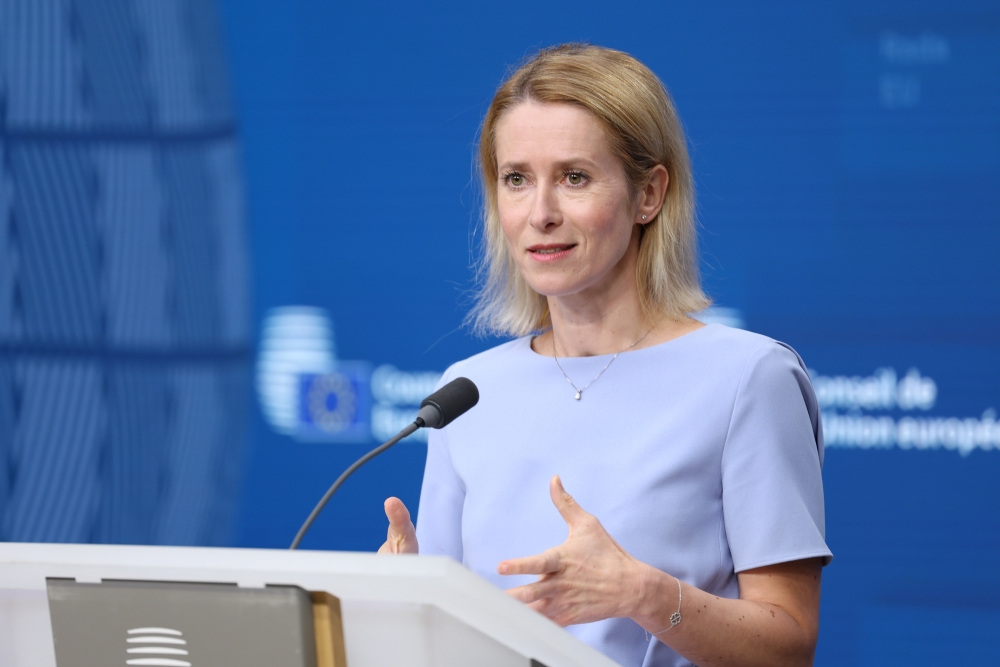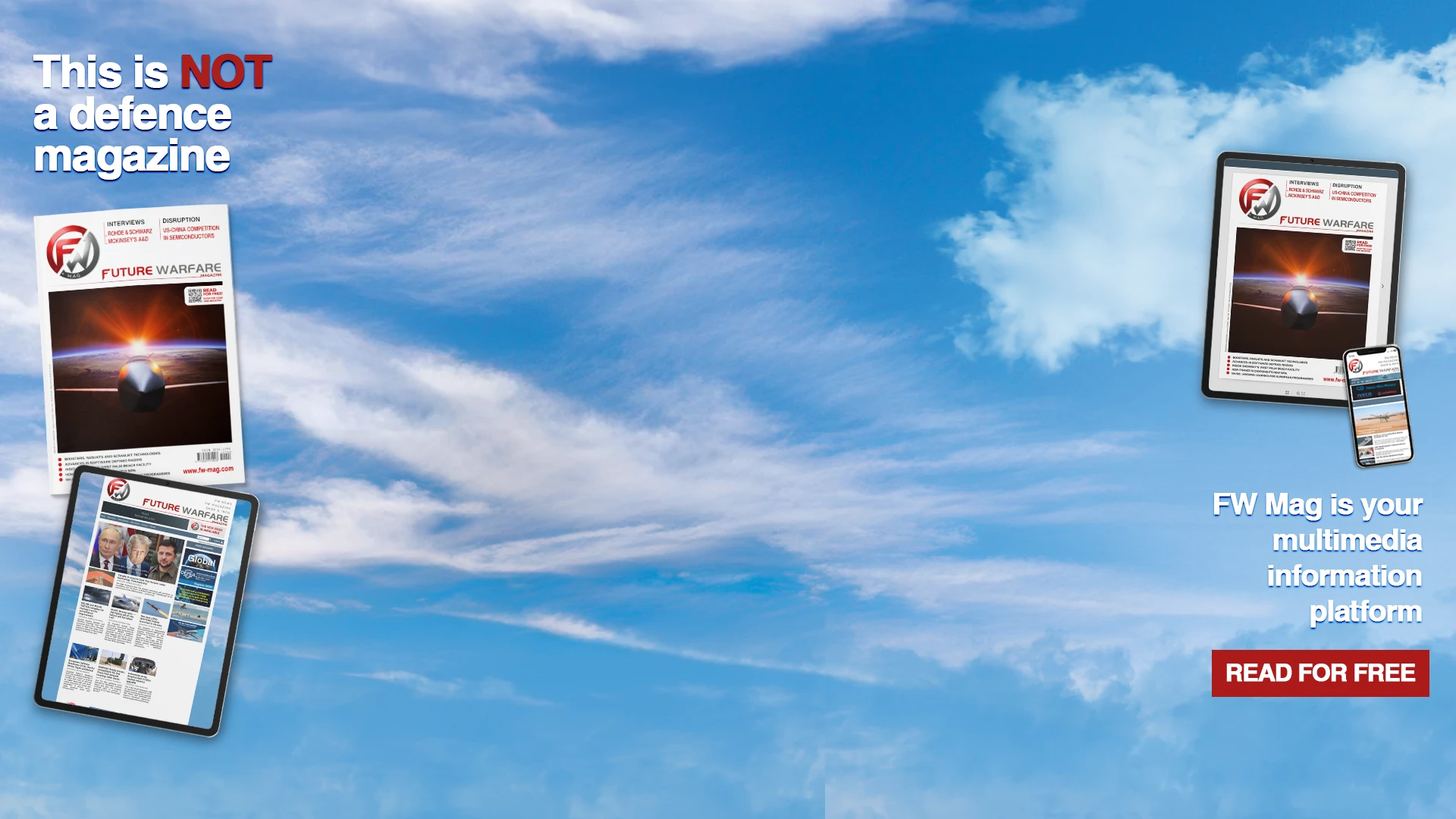
The European Union is ready to consider the partial suspension of its partnership with Israel if the humanitarian situation in Gaza does not improve, EU High Representative Kaja Kallas said on Monday following a meeting of foreign ministers in Brussels.
Last Friday, the EU's diplomatic service shared with member states an eight-page review of the EU-Israel Association Agreement, concluding that Israel may be in breach of its human rights obligations under the terms of the pact. The document was presented to the foreign ministers of all 27 EU countries.
"We will contact Israel to present our findings and look at how we can improve the situation on the ground," Kallas explained. "The first goal is to change behaviour on the ground. [...] If the situation does not improve, then we can discuss further measures", she said, referring to the July Foreign Affairs Council as a potential moment for decisions.
The review highlights possible violations such as the obstruction of humanitarian aid, strikes on medical facilities, and the forced displacement of civilians. While a full suspension of the agreement would require unanimous backing—a consensus that currently appears out of reach—a targeted suspension of specific cooperation areas could be introduced via a qualified majority.
In response, Israel has strongly criticised the review, calling it "outrageous and indecent" and warning the EU against using it as a basis for action.
Avoiding escalation with Iran
Meanwhile, the deepening conflict in the Middle East, particularly the involvement of Iran and the United States, is raising alarm in European capitals.
On Monday, the EU urged all sides to prioritise diplomacy in the Israel-Iran conflict amid growing concerns about a wider regional escalation following joint Israeli-US strikes on Iran's nuclear facilities.
Kallas warned that military escalation, including recent US strikes on Iranian sites, carries immense risk and uncertainty. "The new war is a dangerous development [...] What matters now is minimising the risk of further escalation," she said.
As the EU has consistently maintained, "Iran must not be allowed to develop a nuclear weapon as it would be a threat to international security," the EU's top diplomat added. However, she stressed, "military actions are always fraught with risks and uncertainties."
The developments have triggered mixed reactions across Europe - both out of concern for stability and due to the lack of coordination with EU partners. The recent US-Israeli military actions were carried out without any consultation with European allies, fuelling anxiety about retaliatory strikes, regional spillover, and threats to European security and energy flows, especially if the Strait of Hormuz was to be closed.
Commenting on the strikes, French President Emmanuel Macron warned on Monday that there is "no framework of legality" to justify them, while Norway's Prime Minister Jonas Gahr Støre said the attacks were "outside the realm of international law." He emphasised that "this is not a conflict that can be solved militarily," reiterating the EU position that political and diplomatic channels remain the only sustainable path.
Strengthening Europe's defence posture
In parallel with its diplomatic concerns, the EU is stepping up efforts to strengthen its defence posture. On Monday, EU ministers approved a mandate to negotiate the European Defence Industry Programme (EDIP), aimed at boosting joint procurement, cross-border cooperation, and defence production capacity - particularly in areas such as ammunition and missile systems.
The programme will channel €1.2 billion into Europe's defence sector through 2027, with an additional €300 million set aside to support Ukraine's defence technological base. The move sends a clear signal that the EU intends to accelerate its plans to bolster defence capabilities and strategic autonomy in a shifting geopolitical landscape. Further supporting this trajectory, the European Commission unveiled a new legislative package last week to clarify and streamline the regulatory framework governing defence cooperation. Among other measures, the proposal introduces an accelerated authorisation regime for defence-related projects, reducing decision times from several years to just 60 days.
The initiative also aims to facilitate joint procurement under the €150 billion SAFE fund and ease cross-border transfers of defence-related products. To support the defence push, the European Investment Bank has set a new €100 billion ceiling for investments in security, defence, and energy. This unprecedented financial commitment underscores Europe's determination to adapt its industrial and economic tools to a more volatile global environment.








